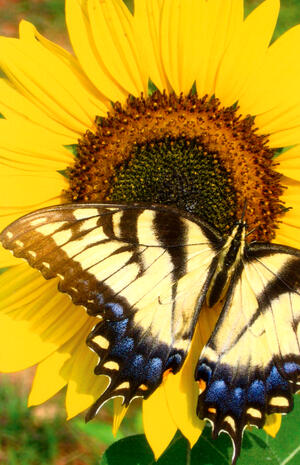Dale Snyder, co-owner of Sweetgrass Garden Co-op on Johns Island, S.C., discusses the process used to make fish waste compost. The co-op conducted a Southern SARE-funded study over the summer to determine if fish waste makes a good organic compost for vegetable production.
Dale Snyder with Sweetgrass Garden Co-op in South Carolina discusses the results of using fish waste compost on vegetables. Based on the data from the one-year Southern SARE-funded study, fish waste compost aided in disease resistance in tomatoes and boosted yields in cucumbers.
Want more information? See the related SARE grant:
This material is based upon work that is supported by the National Institute of Food and Agriculture, U.S. Department of Agriculture through the Sustainable Agriculture Research and Education (SARE) program. Any opinions, findings, conclusions, or recommendations expressed in this publication are those of the author(s) and should not be construed to represent any official USDA or U.S. Government determination or policy.
